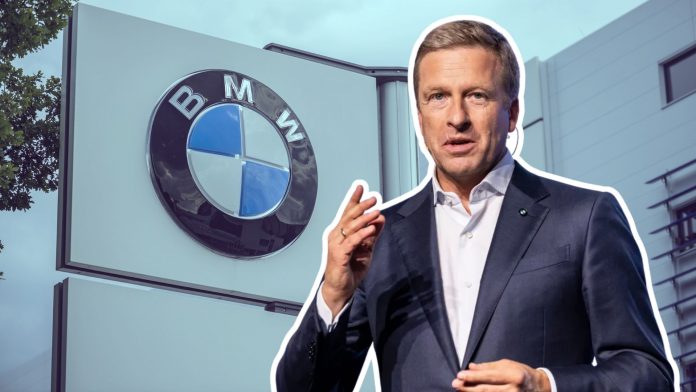The German automaker, BMW, said Wednesday that it expects some U.S. auto tariffs to decline starting in July, noting discussions with American policymakers and signaling confidence in its 2025 financial outlook even as other automakers pull back amid trade uncertainty.
BMW, which operates its largest plant in Spartanburg, South Carolina, said its interpretation of ongoing multi-level talks with U.S officials indicates that “something will change in July,” according to finance chief Walter Mertt said.
However, BMW’s positive outlook contrasts with rivals Mercedes-Benz, Ford, and Stellantis, all of which have withdrawn their 2025 forecast, citing the unpredictability of U.S. trade policy under President Trump. Despite warning that current tariffs will have a “notable” impact on second-quarter earnings, BMW confirmed its full-year guidance issued in March, which includes pre-tax earnings in line with 2024 and an operating margin of 5% to 7% for its automotive business.
CEO Oliver Zipse emphasized the automaker’s economic footprint in the U.S., noting that its operations support roughly 43,000 direct and indirect jobs and contribute more than $26 billion annually to the U.S. economy.
BMW, which reported €2.02 billion ($2.3 billion) in first-quarter EBIT at its automotive division, beating analysts’ expectations, saw its shares rise 1.3% following the news. The unit’s operating margin was 6.9%, down from 8.8% a year ago but still above the 6.3% predicted in a recent LSEG poll.
The automaker added that while some tariff impacts could linger, it believes many are temporary. Still, it cautioned that performance could be affected if duties persist longer than expected or if supply chain bottlenecks emerge.




